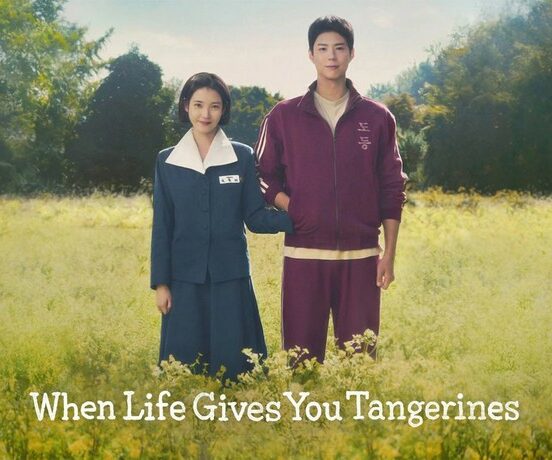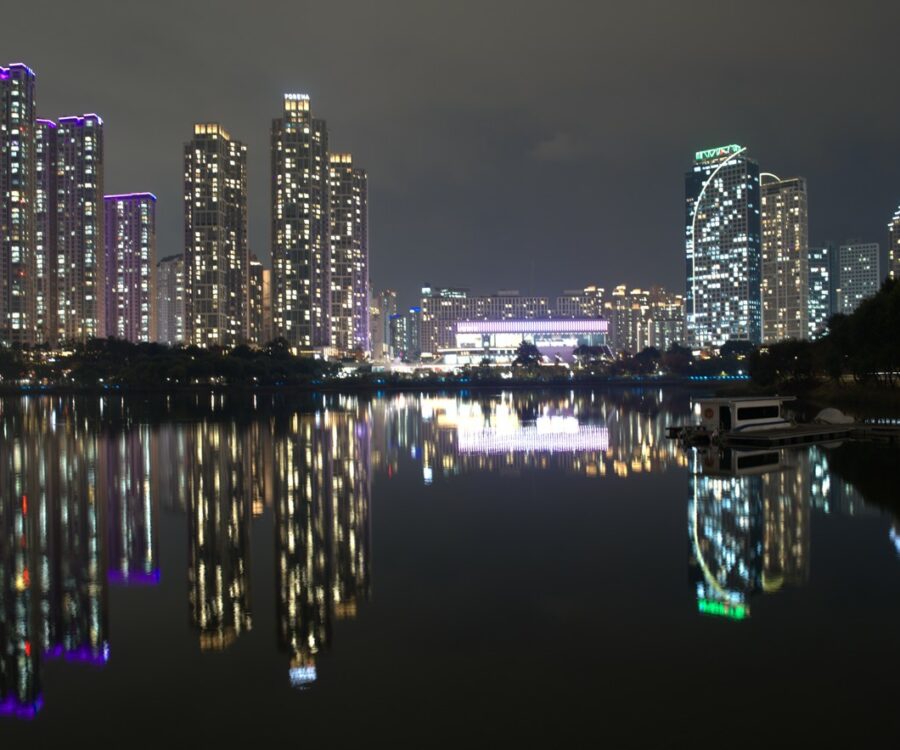

South Korea has seen an overwhelming increase in its popular culture in recent years. The country’s work ethic and its collective tendency to be perfectionists has paid off. The steady rise to its culture is often linked to the success of drama series and their distinctive musical genre that is now considered a genre of its own, Kpop. The country’s soft power has captivated the world with its unique approach in an industry where most of its ideas stem from recycling old content.
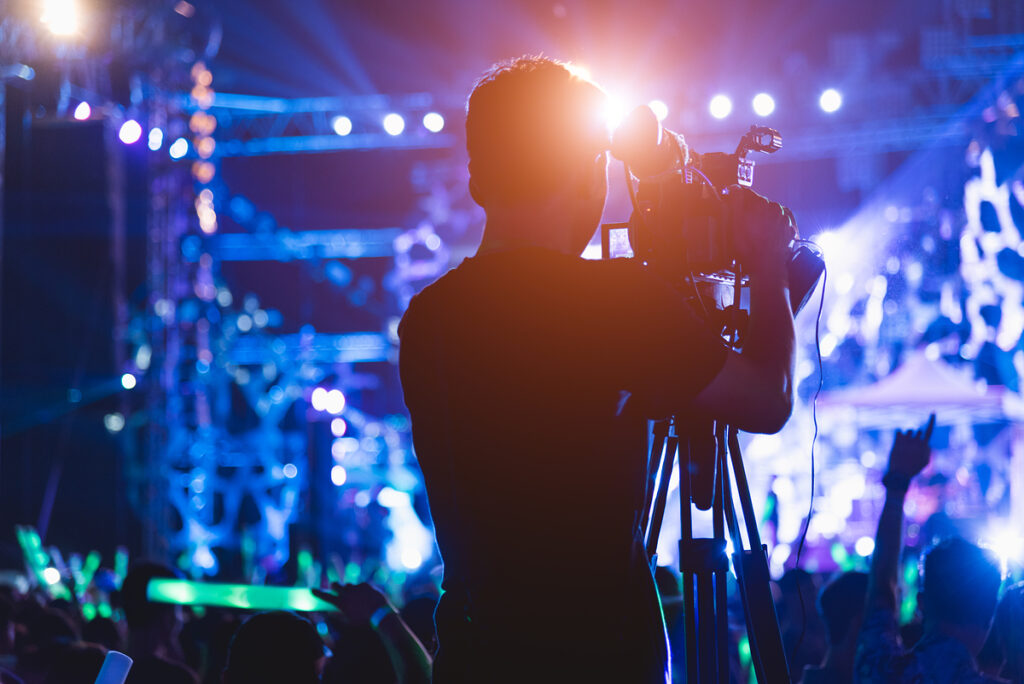
The success in which the Korean entertainment industry has risen began through having multiple streaming platforms not just at their home base, but internationally as well. Starting with big platforms in the U.S such as Viki and the now defunct DramaFever, fans from abroad could watch their favorite actors and actresses without having to wait for poorly subtitled content months after release dates. Shows and movies were uploaded and subtitled in numerous languages by fans and professionals in real time to allow fans to have the same experience their Korean counterparts did. This led into the massive use of YouTube and Netflix.
K-pop’s Success in New Media
YouTube and Kpop had a very slow start with videos being uploaded as early as 2010. It wasn’t until the boom of the eccentric video of Psy’s Gangnam Style in 2012 that Kpop had secured a position on the platform. Older groups such as Big Bang, Girls Generation (SNSD), and the Wonder Girls had minimal exposure and somewhat of a success. It wasn’t until Psy became an overnight global phenomenon that Kpop was able to reach more homes and more screens to peak the interest of new fans to this insane world of idols, dramas, and overall Korean fan and celebrity culture. The Korean wave took off, and continued to open doors to the unique culture of its music and the distinctive ways of marketing.
Gangnam Style was a shock to world
Korea’s entertainment industry is keen on engaging and communicating with the artists and their supporters, thus creating a very intense fan culture. Fans of the industry often claim to feel a sense of closure and intimacy with the artists, even going as far to claim a friendship. Much like the rest of the world, they appreciate being able to relate to artists whose lives are often seen as glamorous and different from the average person. This plays into celebrities being offered endorsements creating a culture especially effective in a country like South Korea, in which these influential people can create an impact on the public and use it to change the flow of relevant trends and pop culture.
Marketing Effect of K-pop Stars
A perfect example of a celebrity endorsement success story is that of the chicken franchise, “Goobne Chicken” and one of the most prominent names in the Kpop industry, SNSD or Girls Generation. The now popular franchise made the marketing decision to cast the girl group as their endorsements models and saw a jump in sales from 16 billion KRW in 2007 to an estimated 100 billion in 2010. The franchise was once unknown to the public but is now a household name in Korea, having many locations in heavy foot traffic areas and holding their position within the other popular native and international chicken chains that have consistent success over the years. International phenomenon BTS had also seen immense success in endorsements from McDonald’s, sporting a mass outbreak of fans amassing to the fast food establishment over several countries just to obtain the special packaging and limited time offered sauces.
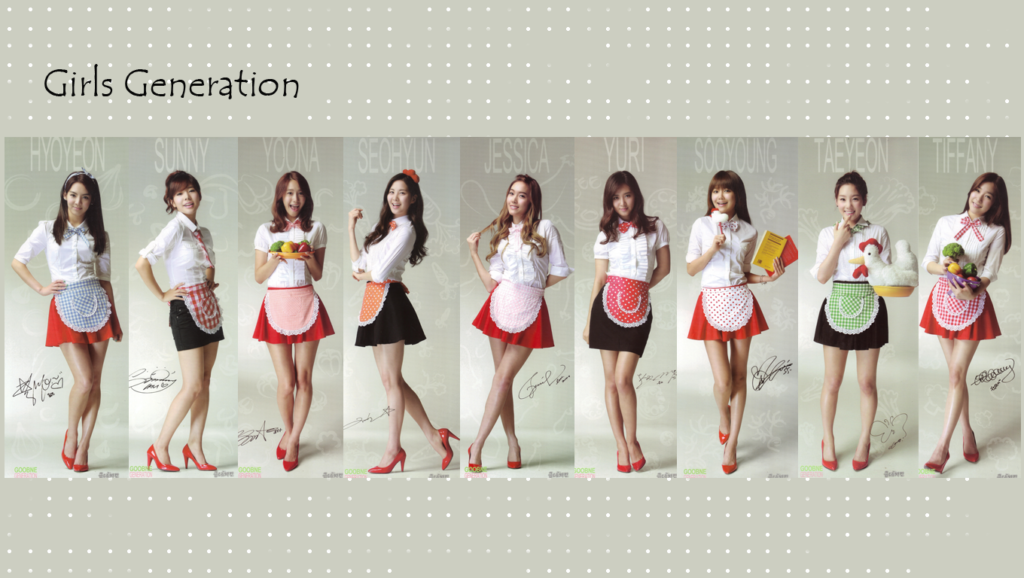
Celebrities were once the pillar for endorsements, and raking a revenue amongst their large fanbase.However, South Korea soon birthed a new phenomenon to quickly attract a large following. In addition to being home to musical and film powerhouses such as BTS, Blackpink, Parasite and Squid Game; South Korea is also boasting first for the fastest internet speed. The fast-paced society along with the advanced technology created a shift in popular culture. As a matter of fact, an estimated amount of 95.5% of the country’s population are active internet and tech users. As the need for content increases, people look towards other outlets of entertainment.
Rise of Influencers in South Korea
South Korea first saw the rise of beauty gurus and Korean content in 2015. Korean beauty Youtubers such as PONY took storm with creating trends and transformative makeup. The beauty gurus would go on to be called, “Influencers.” These influencers created a loyal fanbase of their own and would eventually become a marketing tactic for big corporations and well-known brands. Beauty youtuber Risabae collaborated with Korean department store franchise, Shinsegae Department Store, for an underwear brand and successfully sold over 1,000 of garments just three days after the release of a video on the influencer’s channel.
According to KOTRA, (Korea Trade-Investment Promotion Agency) the influencer market saw an increase of $10 million in 2020. Today, influencers include a wide range of occupations from beauty Youtubers, Instagram models, Mukbangers, and Tik Tokers. With South Korea relying heavily on the internet to come to terms with trends and encourage followers to be inspired by influencers, there is a large shift in relying on media content creators. The people have now found another source of entertainment, not solely relying on celebrities in the entertainment industry.
The reason for their success is fairly simple; trust and intimacy.
Influencer Marketing : From Engagement to Sales
The Influencer market is like that of a vessel that helps with the promotion of corporations to boost sales. The relationship between influencers and their following increases the chances of a successful marketing tactic because of the similarity in preferences and the ability to relate to the influencer through the use or purchase of goods being endorsed. The relationship between an influencer and their following, differs from a relationship between a celebrity and their fanbase in terms of engaging with fans. Celebrities engage less with their fans, as opposed to influencers who make a living through communicating with their followers.
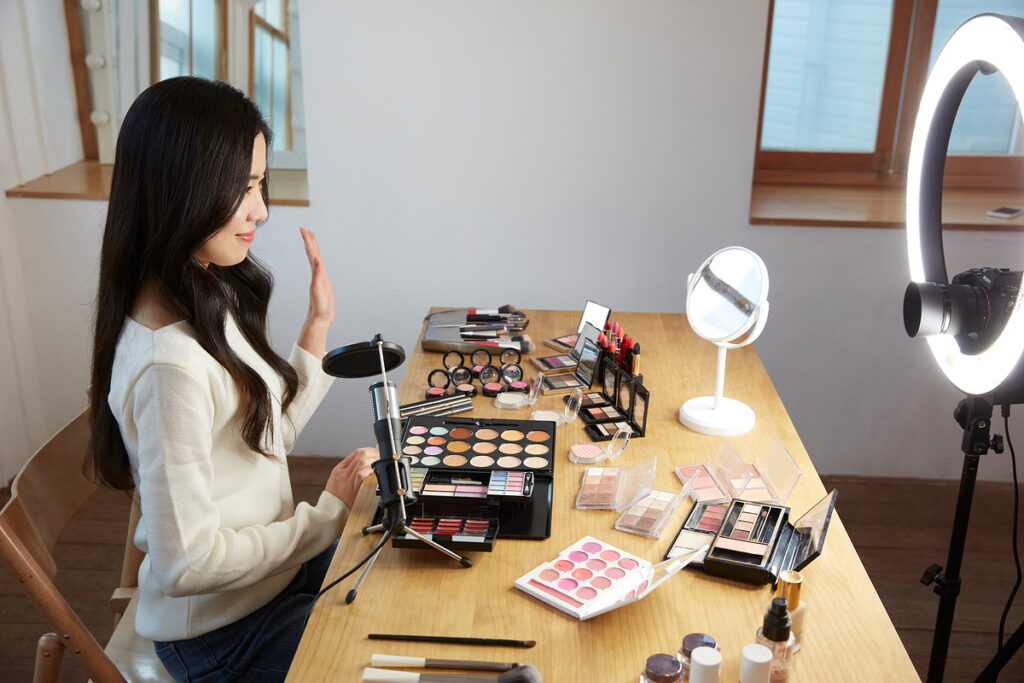
Influencer marketing, though similar to a celebrity endorsement, slightly differs. Influencers started out as average people who created a fanbase from their knowledge in a specific field or through enjoyable content. The following are attracted to these people and how they talk about daily issues or personal life, thus creating a bond. Influencers who sell products that they’re often associated with, are deemed as more trustworthy than celebrities who are paid to promote products that they have no knowledge of. Celebrities don’t always have the luxury of meeting fans’ needs, but an influencer can easily promote in the direction of their audience. Influencers may not get paid traditional wages like celebrities do from these companies and brands, but instead enter a partnership in which they are given a discount code to give to their followers to use.
This differs with how celebrities may handle endorsements as they are paid for a contract period doing posters and ad placements whereas influencers have rules set in ad placements on YouTube and other platforms. Such ruling can have a negative effect as shown in the 2020 YouTube purge of some very popular Korean channels who did not know about ad placement and mentioning and were subjected to fines and or had their channel temporarily flagged until the issues were resolved. Some channels were even accused of backdoor advertising and had a multitude of issues to be fixed before returning to the platform.
Collaps of The Leader?
Since influencers and social media platforms have skyrocketed to fame, celebrities have also turned to the famous video-sharing platform to promote themselves. As Korea is still a fairly conservative country, there are limitations to what can be said on broadcasts. However, since YouTube is free of such restrictions, it allows a space for the influencers to promote with more freedom. The freedom to promote more comfortably in turn shatters the idea that celebrities were superior and people of unreachable heights, and instead creates a sense of similarity and reliability. This sets the current trend the younger generations seem to be fond of, a shared feeling of connection between celebrities or influencers.
According to The Korean Herald, recent statistics show that being an influencer or content creator is now ahead of a Kpop star as an ideal occupation for children aged 4-16 in South Korea. The survey was said to have been conducted on over 40,000 kids in May of last year 2021. The global influencer marketing market is also expected to value at $24.1 billion by 2025. The shift in interest from solely celebrities to influencers is similar for the fondness of a persona, but different in terms of engaging and trust. If Celebrities were well-received due to their craft on stage or as an actor/actress, influencers are liked for their relatable characters on camera.
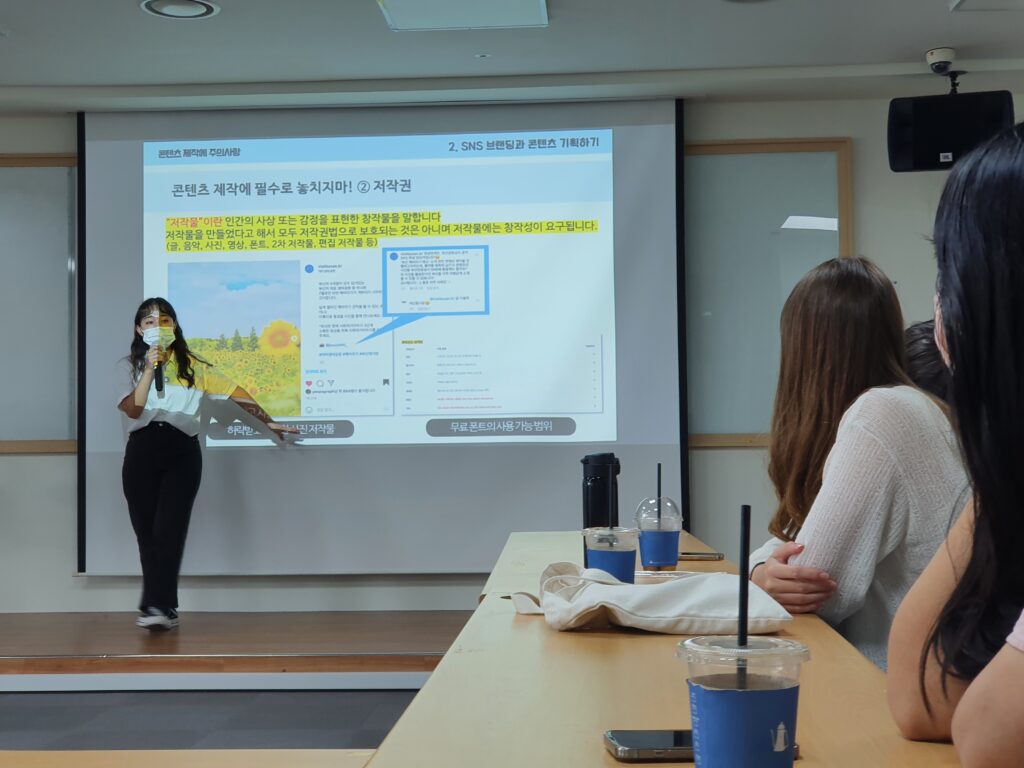
The two occupations are both highly influential in the decision-making process of their followings. Influencers and celebrities are some of the most popular public figures, resulting in the two often being mistaken as one or the other. As discussed in the article, the difference lies in the lack of source credibility and a mutual feeling of trust between the two. Whilst a celebrity can endorse a product they’re well informed of, a beauty youtuber with experience in the field and a mass following holds more validity than your average celebrity. As the two continue to lead in popular culture, the fate of both occupations lies in future trends.

